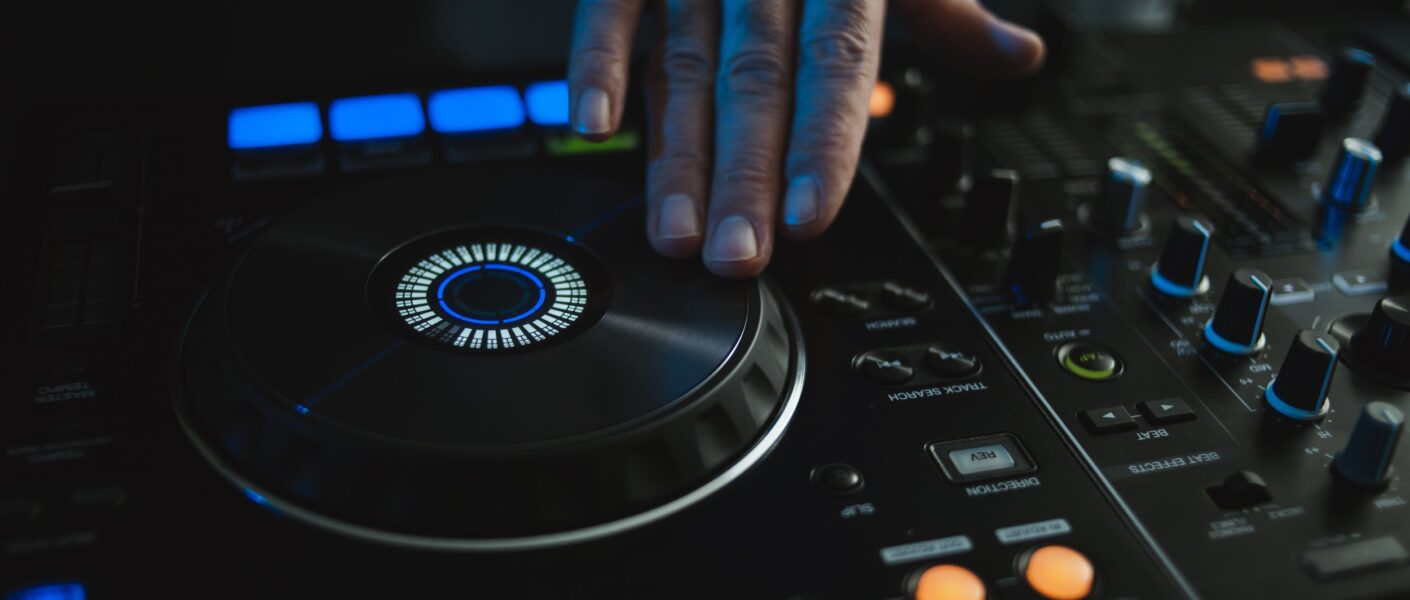Every time a song blows up, labels rush to release remixes fast-paced EDM versions, celebrity features, you name it. But too often, these remixes feel like lazy cash-grabs rather than creative reimaginings. We can’t even remember a remix that’s better than the original. But why is that?
Why They Falter
- Lack of originality
Critics often say remixes simply repackage the same track with generic beats. As Speed of Sound Magazine noted, they “lack originality, innovation, creativity, and uniqueness” like Justin Bieber’s feature on Billie Eilish’s “Bad Guy,” which many fans felt was worse than the original. - Commercial motives over artistry
On EDM forums, producers complain that remixes are churned out “to make it commercially satisfactory, especially in the clubs,” ending up “on the verge of disgusting” in their lack of integrity - The “lazy remix” syndrome
Some remixes simply slap a beat on top without rethinking melody, structure, or emotion. A 2009 Pitchfork review of Reverse Migration described the album as “clogging up music-blog aggregators,” with very few tracks going beyond deference—and many falling flat. - Fan backlash
Reddit threads in r/EDM frequently mock low-effort remixes and mashups: “some are good remixes and some are low effort … bad mashups are so popular for some reason
But Not All Updates Fail
- When remixes are thoughtfully done—like Hot Chip’s remix for Au Revoir Simone—it can redefine a song and unlock fresh emotional depth
- Underground and TikTok-driven remixes can spark genuine creativity and viral magic.
Final Take
Remixes can be powerful creative tools, offering new emotional layers or club vibes. But too often, what we get after a hit is a formulaic, uninspired spin, just another way to squeeze streaming numbers. Unless they truly reimagine the song, most of these remixes do more harm than good.




